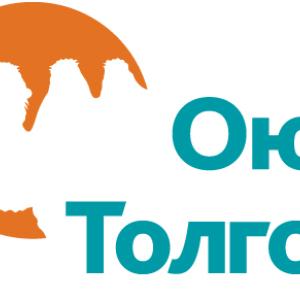Health specialists appeal to reduce trans-fat consumption
PoliticsUlaanbaatar /MONTSAME/ The appeal was made at a press conference Wednesday by J.Amarsanaa, a head of the Sub-committee on Health and Food Security of the Citizens’ Representatives Khural of Ulaanbaatar, and officials from the Ministry of Health and Sports along with researchers on trans-fat issue.
Trans fats, or trans-unsaturated fatty acids, trans fatty acids, are a type of unsaturated fats that are uncommon in nature but became commonly produced industrially from vegetable fats for use in margarine, snack food, packaged baked goods and frying fast food starting in the 1950s. Trans fat has been shown to consistently be associated, in an intake-dependent way, with risk of coronary heart disease, the worldwide leading cause of death.
Trans-fat is widely used by Mongolia’s food industry. Mr Amarsanaa underlined that the USA and European countries are turning down their consumption of trans-fat, which is, therefore, exported to poor and developing countries on low prices. “Trans-fat consumption in Mongolia is out of control”, he stressed.
Accordingly, the UB City authorities have given directions to schools and kindergartens to reduce trans-fat in their canteens. Also, general standards on trans-fat consumption are being set out for controlling the usage in restaurants, cafeterias and in food production.
The World Health Organization (WHO) has designated the maximum amount of daily trans-fat intake for a person as 2 grams, which amount is even not permitted in Austria, Brazil, Canada, Sweden and the UK. These countries have strict regulations, making it obligatory for food producers to put out information on the products on their trans-fat content.
The circumstances are quite different in our country, he said and appealed the citizens to try and reduce their trans-fat intake. In 2013, the Ministry made an appeal to reduce fat consumption and submitted to the Cabinet Secretariat a draft of policy document “National Program on Population’s Food”. If adopted, the program will facilitate the renovation of policy documents on limiting the consumptions of harmful-to-health foods, which contain dangerous amount of salt, processed sugar and trans-fat, and of food standards. As such, menus in cafeterias and restaurants will have to include information on calories, and food products’ packages–to show detailed contents.
 Ulaanbaatar
Ulaanbaatar













































































